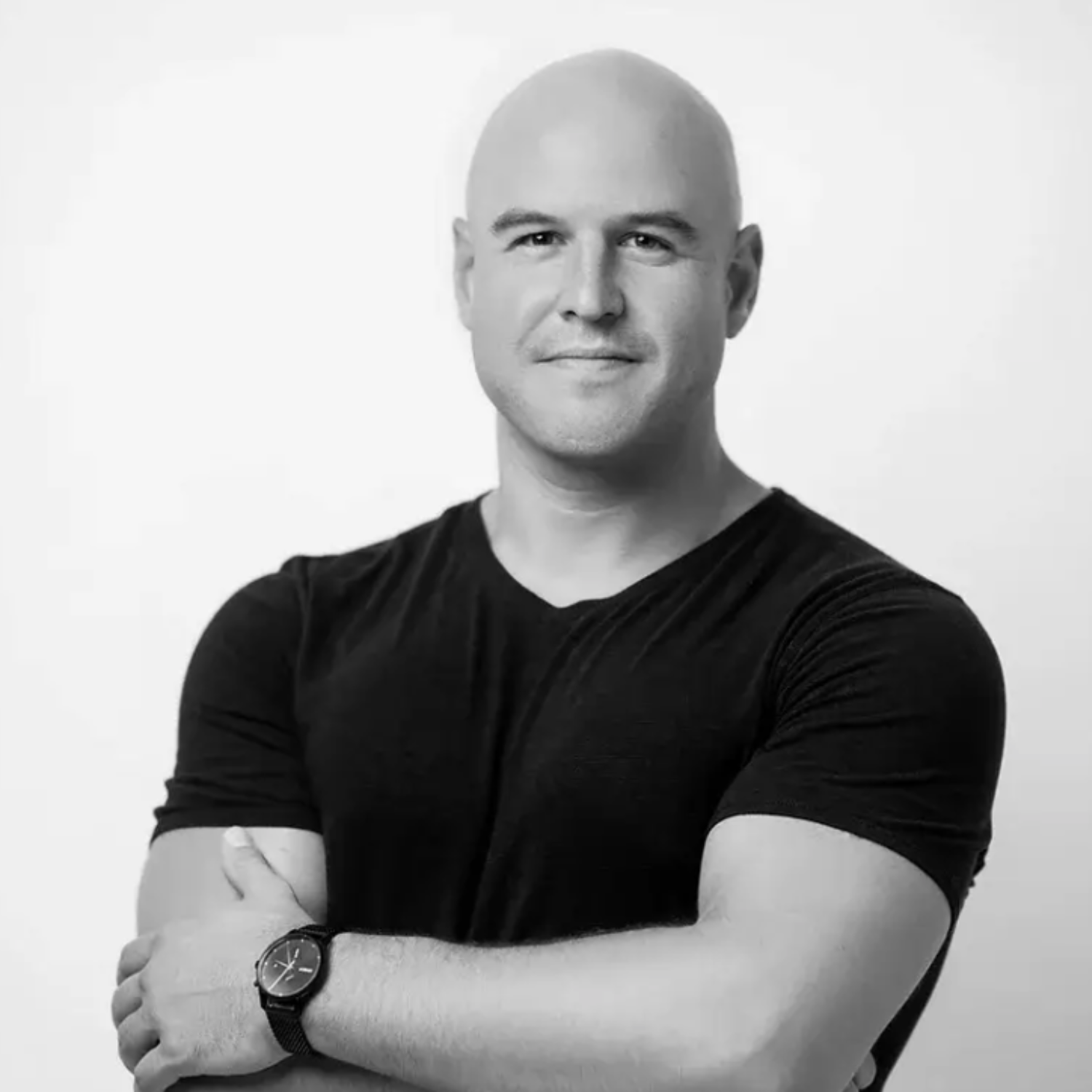
What my time away really did for me was allow me to focus, laser-like, on changing my mindset.
Mindset is the set of assumptions that govern our behavior on a daily basis. These assumptions live in our subconscious minds. Often, they exist by default: we do not put them there on purpose. Our mindset determines our responses to whatever reality gives us.
Genetics influence mindset: If you are born with a gene linked to angry outbursts (whether we can identify this gene or not), it will affect your (allegedly conscious) reactions to criticism or negative events.
Trauma influences mindset: A veteran with PTSD, even one who displayed valor (and what we call “willpower”) in battle, might have drastically different reactions to stressful situations than the average person.
Experience influences mindset: Like Pavlov’s dogs, our minds create automatic associations between particular events and the sensations of pleasure or pain; happiness or misery. These associations govern our emotional responses.
The biggest thing I’ve learned from kicking the bottle is that we have the power to change our mindset over time.
We do this by choosing our thoughts carefully. They are the only things we can directly control. Try as we might, we can’t force our behavior to change immediately.
We cannot control genetics or trauma, but controlling our conscious thoughts can change our mindset by affecting our perception – and therefore our brain chemistry and our experience.
If I start thinking to myself, “Recovery sucks, and I want a drink” every day, I will relapse. Don’t get me wrong – I had this thought many times in rehab. But very early on, I consciously chose to replace it with: “Recovery is amazing, and I’m lucky to be alive” – and “Recovery is what I really want, because life can be more satisfying than an artificial buzz.”
Experience is the one mindset variable that we can (indirectly) control by determining our conscious thoughts.
To clarify, I did not even believe my “positive” thoughts when I started thinking them. I kept thinking them because I knew it was important to reprogram my mind. I had a feeling that they would become true eventually. Over time, I lucked out – I can say them without a hint of self-deception today.
Mindset Over Willpower
Whether you’re fighting addiction, trying to start eating right, or tackling your own laziness whenever gym time rolls around, willpower alone will fail each time.
This is because willpower means sacrifice. It means that you’re forcing yourself to do something that you don’t want to do. You may tell everyone you want to do it, but it means nothing because your subconscious mind can’t comprehend it. Your deepest assumptions about life, which you haven’t consciously reprogramed over time, are in conflict with whatever you’re trying to force yourself to do.
Like an Excel spreadsheet with a bug, your mind will refuse to compute. You might be able to force a few calculations manually. But since most of our actions emanate from our subconscious mind, it is impossible to achieve a permanent change in behavior using willpower alone.
This may sound abstract. But it’s exactly what Kobe Bryant is saying in the video below. To him, professional basketball was never a sacrifice. It would be inaccurate to say that he used willpower alone to become one of the greatest players ever. He consciously chose to envision professional basketball as “ice cream,” while others with different mindsets see it as “broccoli.”
His interviewer doesn’t seem to comprehend this at all. Those of us who have stayed the course in recovery know exactly what he’s talking about.
We’re not staying the course in spite of every inclination we possess. We’re not fighting a battle every single day. We’ve stopped fighting and our biggest achievement is that we’ve learned to take pleasure in our lives without alcohol.
The constant variable in any mindset shift is time. Recovery takes time precisely because we can’t reprogram our subconscious mind, using conscious thoughts, in a matter of days or weeks.
It takes months and years. There is no end date; nor should there be. The happy truth is that as long as we stay the course – using our accretive mindset, not willpower – life without alcohol gets much easier over time.
https://twitter.com/FitandSober/status/738167571766075393
Author
-
A decade+ addiction-free, Chris Scott, the visionary founder of Fit Recovery, passionately guides Fit Recovery 2.0 Members toward a vibrant, healthier lifestyle. Through the integration of groundbreaking nutritional strategies, transformative reframing techniques, neurolinguistic programming, and dynamic pro-recovery habit systems, he inspires individuals to boldly take charge of their lives and break free from alcohol. Chris is celebrated as a Professional Member of the Alliance For Addiction Solutions. Moreover, he is the proud author of the bestselling book "Drinking Sucks!" which stands as a vital beacon of hope for those yearning to quit drinking. Additionally, he created the celebrated online program Fit Recovery 2.0, designed to provide unwavering support for individuals embarking on their recovery journey.
View all posts Fit Recovery Founder & Director






